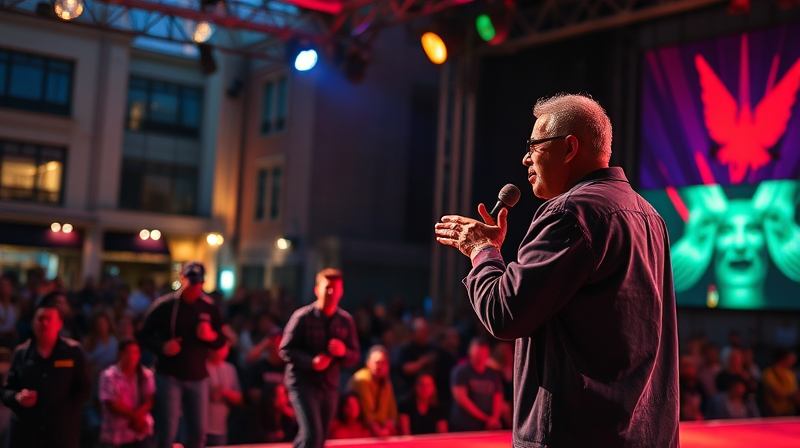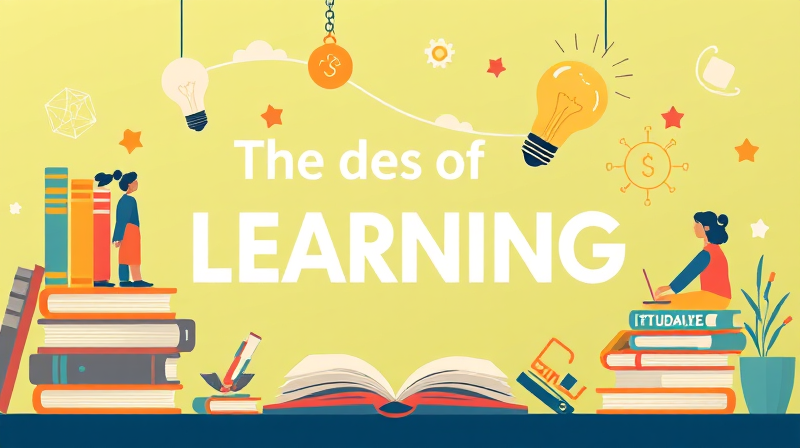Spoken-word media is not just an art form, it is an immersive learning experience that challenges traditional educational paradigms and encourages self-expression in extraordinary ways. This form of communication uses the power of voices, emotions, and stories to connect individuals, making it a vital tool in both personal and educational development.
At its core, spoken-word is a celebration of the human spirit. This artistic style invites individuals to share their personal narratives, struggles, dreams, and truths. By speaking their minds, artists connect deeply with audiences, creating a shared space where learning extends beyond textbooks and lectures. This connection fosters not only creativity but also self-awareness and empathy.
The Transformative Essence of Spoken-Word Poetry
Spoken-word poetry is a genre that emphasizes vocal expression and performance. Unlike traditional poetry, its power lies in how the poem is delivered rather than on rigid adherence to structure or rhyme. The performers engage their listeners with dynamic intonations, pauses, and gestures, which makes every performance a unique event.
Central to this form of art is the idea that learning is a dynamic process. Through spoken-word, individuals are encouraged to explore their emotions and reflect on their experiences. This authentic method of communication offers the chance for self-reflection, which is essential in developing emotional balance and clarity of thought.
For many, the process of preparing and performing original pieces provides a way to channel emotions and understand their innermost feelings. The creative process involves organizing thoughts, processing personal experiences, and transforming them into words that resonate not only with the audience but also with the creator.
Utilizing spoken-word media in educational settings can transform the learning environment into a dynamic and interactive space. This not only improves communication skills but also provides students with a platform for meaningful self-expression.
Students get the opportunity to build confidence as they learn to articulate their ideas. This method of expressing oneself can ultimately lead to the development of several skills such as public speaking, critical thinking, and even empathy.
In the classroom, spoken-word offers a fresh perspective on the way students approach literature and social studies. Educators are witnessing firsthand how incorporating performance art into lessons can cultivate a sense of community and collaboration among students.
As a teaching strategy, spoken-word offers multiple benefits that include:
- Enhanced communication: Performing poetry strengthens vocal projection and clarity in articulation.
- Developed stage presence: The physical aspects of performance boost confidence and refine body language.
- Critical thinking: The formulation and delivery of spoken word require deep analysis and creative expression.
Integrating spoken-word activities into educational curricula encourages students to use their voices, explore complex social issues, and understand different cultural perspectives. This method of learning is particularly effective in fostering empathy and a greater sense of community among students.
Educators who incorporate spoken-word into their lesson plans notice a marked improvement in student engagement. For instance, inviting students to create original pieces on topics that matter to them can lead to powerful classroom discussions and insightful perspectives. Such activities create a nurturing space for dialogue and personal growth, inspiring students to further engage with world issues.
Moreover, spoken-word events such as open mics and poetry slams generate an atmosphere of encouragement and interaction. The impact of live feedback—from cheering audiences to reflective silence—provides immediate and constructive responses that help refine performance skills.
These events are moments of celebration of the spoken word, where community members come together to appreciate raw human expression. They not only serve as platforms for artistic expression but also as avenues for social advocacy, where performers often voice opinions against injustice and promote positive change.
The power of performance is evident in every aspect of spoken-word. It transforms the way individuals learn by bridging the gap between technical mastery and heartfelt emotion. A performance is more than just reciting words; it is about connecting with the audience in a profound, almost spiritual, way. This connection encourages listeners to reexamine their own beliefs and experiences.
This art form creates opportunities to explore topics that are often overlooked in conventional academic settings. Through personal narratives, questions about identity, culture, and society come to the forefront. This style of learning is inclusive and allows individuals from diverse backgrounds to share their stories, ensuring that multiple voices are heard and valued.
Beyond the classroom, spoken-word can be a catalyst for community building and social change. It breaks down barriers between people, offering a space where differences are celebrated rather than judged. It is through these exchanges that a deeper understanding of communal issues is fostered, paving the way for empathy and collaborative growth.
Ultimately, the broad overview of learning through spoken-word media reveals a transformative tool that nurtures creativity and encourages self-reflection. By participating in this art form, individuals not only find their voice but also learn to appreciate the voices of others, making spoken-word a powerful conduit for educational and personal development.
In a world where technology often dominates the landscape of education, spoken-word reminds us of the irreplaceable value of human connection. It is a timeless reminder that education is not solely about information, but about the expression of our deepest truths and the celebration of our shared humanity. This is what makes spoken-word media an inspiring and essential tool for contemporary learning.








